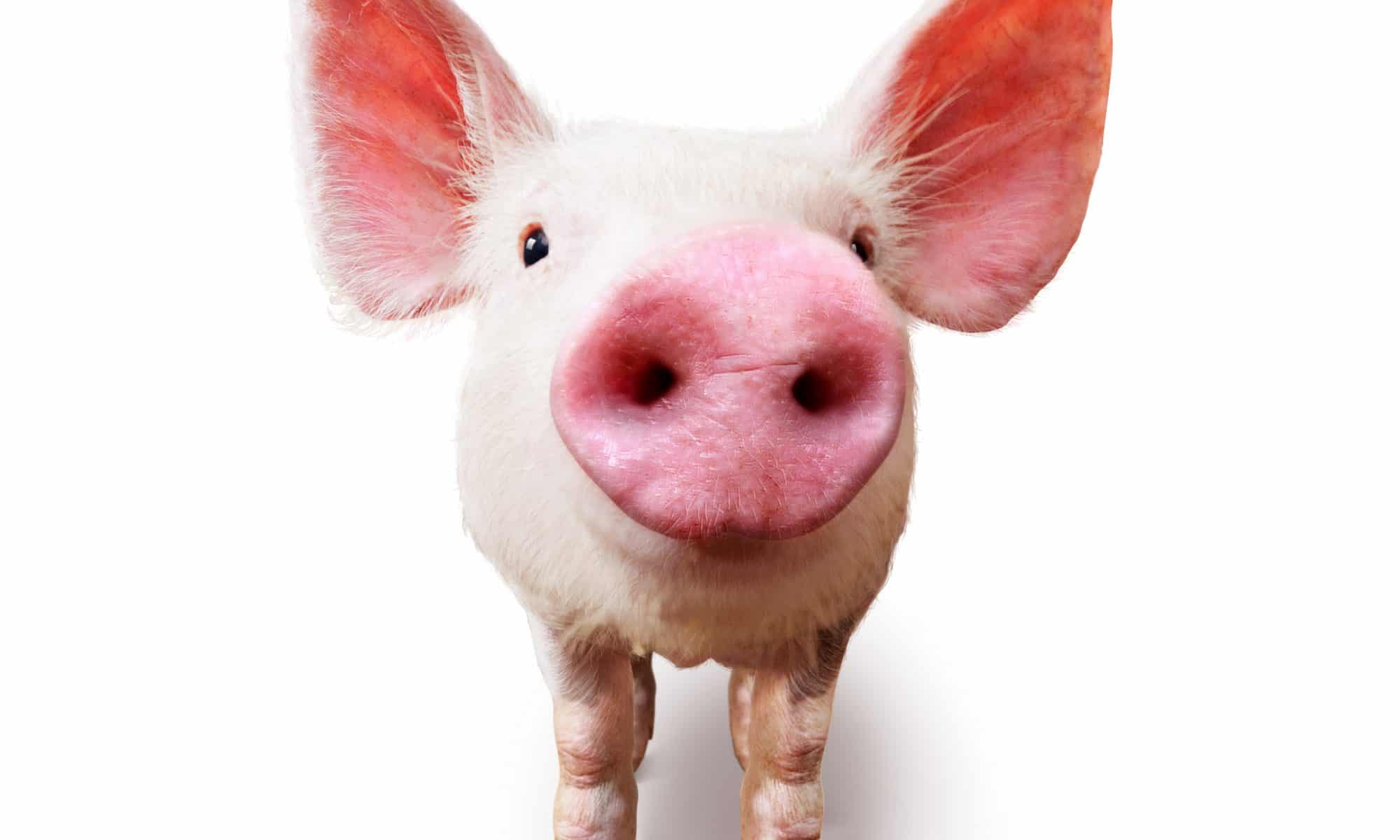Two of China’s major pig producers sharply cut 2018 profit estimates on Monday, after African swine fever (ASF) devastated prices and demand for pork in the world’s largest hog producer in the second half of the year.
Muyuan Foods Co. Ltd cut its 2018 net profit forecast to between 500 million yuan ($73 million) and 550 million yuan, down at least 20% from an earlier estimate in October, Reuters reported. The revised figures are nearly 80% down from the 2.4 billion yuan in profit reported for 2017.
In addition, Wens Foodstuff Group Co Ltd said 2018 net profit is expected to be between 3.9 billion and 4.0 billion yuan, down about 40% from 6.75 billion yuan the year before.
With approximately 100 outbreaks of ASF in China since last August, these warnings of lower profit estimates were not a major surprise. Muyuan said it was cutting its forecast following lower-than-expected live hog prices in the fourth quarter. Most of the company’s pig production is in northern China, where prices have been hit hard by measures aimed to control ASF spread, Reuters reported.
Wens said ASF weighed on prices in the second half of 2018, following low prices in the first half. However, the company, which also produces poultry, benefited from a strong increase in chicken prices and from a 17.1% rise in the number of pigs it sold in 2018.
As more shoppers turn to the country’s second most popular meat – chicken – poultry prices are on the rise. Producers of white-feathered broiler chickens are experiencing tight supply after China banned imports of the breeding birds from many producing countries because of outbreaks of bird flu.
Major poultry producer Fujian Sunner Development Co Ltd upped its forecast for 2018 profits on Monday, mostly due to tighter supplies of chicken, Reuters reported.
“Thanks to the tight supplies of meat chickens, performance in the sector continuously rose, sales exceeded the forecast and profits significantly improved,” the company said in a filing.
With net profits expected around 1.5 billion yuan, that puts the company’s increase up about 380% from 315 million yuan in 2017.
